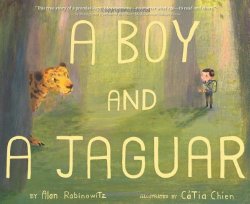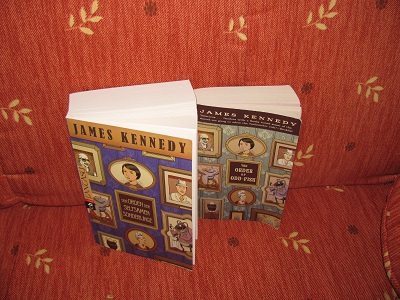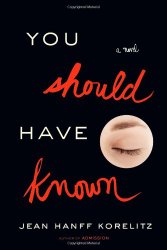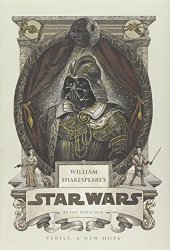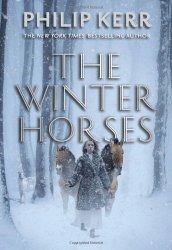Review of A Boy and a Jaguar, by Alan Rabinowitz
by Alan Rabinowitz
illustrated by Cátia Chen
Houghton Mifflin Harcourt, Boston, 2014. 32 pages.
Starred Review
This is a picture book biography, with Alan Rabinowitz telling his own story. The book stands out because his story is riveting and inspiring, and the paintings by Cátia Chen are a perfect match.
Alan Rabinowitz has always been a stutterer. When he was a child, he was put in a class for disturbed children, because the teachers said that whenever he tried to speak, it disrupted the class.
He explains his predicament simply:
I try to explain, but my mouth freezes, just as I knew it would. I am a stutterer. If I try to push words out, my head and body shake uncontrollably.
However, the book begins with Alan standing in front of his favorite animal, a jaguar, at the Bronx Zoo. He explains why:
I can do two things without stuttering. One is sing – only I can’t sing well – and the other is talk to animals.
Alan builds a special relationship with animals. People treat him as broken because he stutters.
I know that my pets listen and understand. Animals can’t get the words out, just as I can’t get the words out. So people ignore or misunderstand or hurt them, the same way people ignore or misunderstand or hurt me.
I make a promise to my pets.
I promise that if I can ever find my voice, I will be their voice and keep them from harm.
Alan gets through school and college and learns to speak without stuttering, but he still feels broken on the inside. So he sets off to study animals.
Later, in Belize, I am the first person to study jaguars. The jungle makes me feel more alive than I have ever felt.
He’s in a wonderfully atmospheric jungle scene for this spread.
But jaguars are being hunted. Alan needs to speak to the prime minister of Belize for a plea to set up a jaguar preserve. Can he do it without stuttering? Can he keep his promise he made to animals in his youth?
The book finishes off with an amazing encounter. As an adult, back in the jungle studying jaguars, he comes face to face with a large male jaguar.
I know I should feel frightened, but I squat down and look into the jaguar’s eyes, just as I had with the sad old female at the Bronx Zoo. But this animal isn’t sad. In this animal’s eyes are strength and power and sureness of purpose.
We are both whole.
We are both at home.
I lean toward him a little, the way I had at the Bronx Zoo so many years before.
“Thank you,” I whisper.
This is a truly beautiful book with an inspiring message. This is a case where what stands out is the strong story and you realize later that because it’s true, technically, it’s a biography, not a storybook. I do hope that readers will find it in the nonfiction section. We’re going to have to make an effort to pull it out and give it the attention it deserves.
panthera.org
stutteringhelp.org
hmhbooks.com
Find this review on Sonderbooks at: www.sonderbooks.com/Childrens_Nonfiction/boy_and_jaguar.html
Disclosure: I am an Amazon Affiliate, and will earn a small percentage if you order a book on Amazon after clicking through from my site.
Source: This review is based on a library book from Fairfax County Public Library.
Disclaimer: I am a professional librarian, but I maintain my website and blogs on my own time. The views expressed are solely my own, and in no way represent the official views of my employer or of any committee or group of which I am part.
